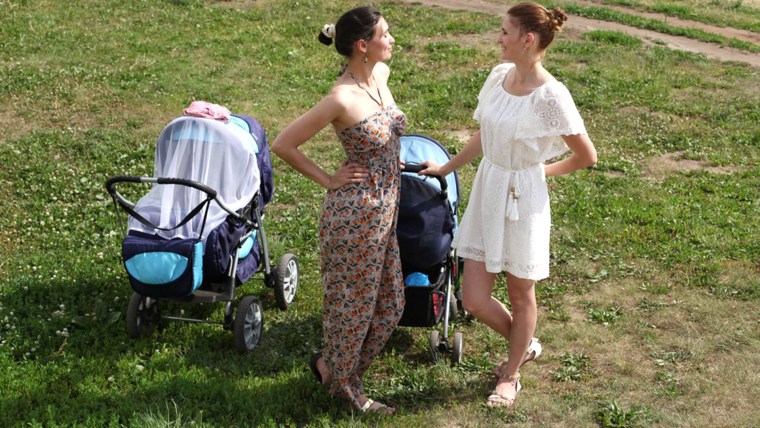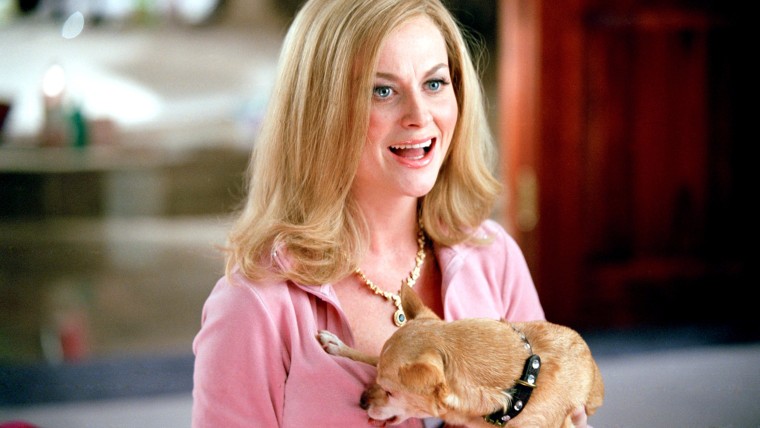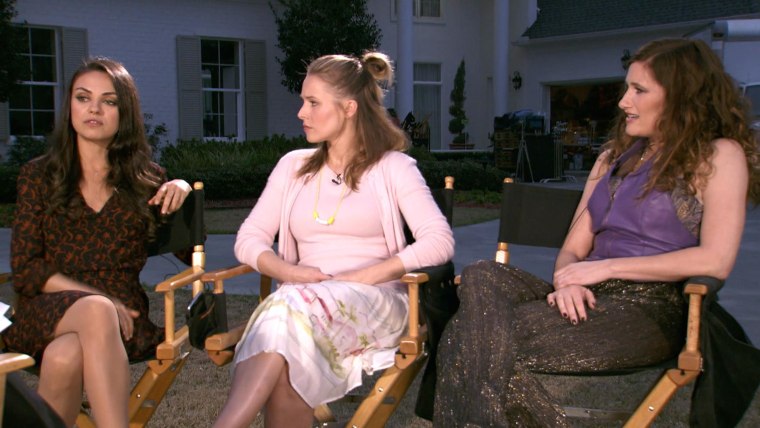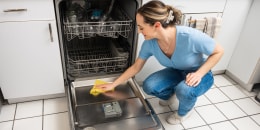Kids learn compassion, honesty, sportsmanship, civility, respect and a host of other values from their parents, so moms and dads need to be good role models. But some parents can be insensitive, manipulative, callous and uncivil to the point that their behavior affects not only their kids’ moral development, but also the sensitivities of other adults. Here are five profiles that merit membership in the Parents’ Hall of Shame, and some solutions for dealing with them.
1. The Braggart
Whether it’s about their kids’ grades, talents or athletic feats, parents love to boast. One survey found that parents on average post nearly 1,000 photos of their kids online before they turn 5. It’s good to be proud of our kids, but always bragging, constantly comparing and continually dismissing other children’s accomplishments lower the confidence of other parents. And remember, kids copy what they see and hear.
Solution: If bragging is usually one-sided and rarely considers your own child’s achievements, try: Isn’t it wonderful how well our kids are doing? Mine just… (and then describe your pride). But if the braggart continues her “My kid is so special” routine, and you want to maintain your relationship, speak up: You always brag about your child and never ask about mine. I feel you don’t care about my family. If that doesn’t work, find another friend! Showing pride in our kids should always be a two-way street.
2. The Bad Sport
A Reuters News poll conducted in 2011 found that 60 percent of American adults who’d been to youth sporting events said they’d witnessed parents “become physically or verbally abusive toward a coach or official.” And that didn’t include parents who also scream at their kids’ performance or boo the opposing team. Parents make huge investments in sports with hopes that their kids will get athletic scholarships and college acceptances, but bad behavior teaches poor sportsmanship and may undermine their kids’ love of the game.

Solution: Bad behavior can’t be ignored, but confronting offensive parents in the moment may make things worse. Better to move your seat and share your concerns with the troublemakers later, when they’ve cooled down. Many leagues and schools require parents to sign pre-season sportsmanship pledges and to attend mandatory "ethics" courses. In these cases, spectators can report misbehaving parents to officials, who can warn the offenders or even banish them from the game. Meanwhile let’s be positive and remember to cheer the whole team, the entire class, the other kid — not just our child.
Read more: A sports dad warns, don't make the same mistakes I did

3. The Gossip
Many middle-school “queen bees” never outgrow their mean behavior and continue to speak badly about others — often on social media — when they grow up. Gossiping can be a way to connect with others and find reassurance about your parenting, but cattiness is toxic. It’s easy to get caught up in the gossip mill and spread hurtful rumors, but beware: Kids mimic our behavior. It’s a big reason the Mean Girl Tween Scene is flourishing.
Solution: Vow not to gossip, and speak up when others are catty: It isn’t fair to talk about her when she isn't here to defend herself. Don’t assume that someone won’t spread untruths about you, and never give out information that a catty parent can use against you or others. Meanwhile, join forces with like-minded parents. Together, you can change things.
Related: 14 real-life 'Bad Moms' confess their most hilarious parent fails

4. The Non-Disciplinarian
I don’t discipline because I don’t want to damage my child’s self-esteem. I hear far too much of that. Wanting to be “a pal, not a parent” may be trendy, but correcting misbehavior is part of raising good people. But how do you discipline when someone else’s child misbehaves in your care?
Solution: You don’t want to counter a parent’s child-rearing philosophy, but you can’t ignore behavior that is dangerous, harmful to others (like hitting, biting and bullying) or is contrary to your values. Review your rules — In our house we don’t swear — and separate misbehaving kids from each other. (Spanking, grounding and yelling are off-limits, and you should not discipline someone else’s child if the parent is present.) If the misbehavior continues, call the parent: I’m sure you would want to know, so this is what our kids were up to. But don’t expect the other parent to take your side. And beware: Parental litigations are rising. Some New York City play groups are asking parents to sign waivers so they won’t be sued when supervising someone else’s kids! It’s a different world!

5. The Excluder
Social exclusion — deliberately leaving others out — is a form of bullying. Though it peaks in middle school, it’s all too common among moms these days. She’s cool and can join us, but don’t let Shelley come! Sometimes parents even exclude kids. One post in our own TODAY Parenting Team described how a mom saved seats on a bus for eight 11-year-old girls, and when a new girl asked if she could join them, she was told, “Sorry, but those seats are reserved.” Any mom who socially engineers the “in” and “out” cliques for her kid is plain cruel.
Solution: The best way to cultivate empathy is to demand that kids treat others with dignity and then show that you are inclusive. You might not be BFFs with every mom, but you will set a great example for your child. To moms: Let’s invite her. She just moved here. Do the same with your child: Invite all the boys; don’t leave one out. Ask Abby to come! How would you feel as a new kid?
Raising good people starts with adults who are good role models, but many grownups desperately need behavior makeovers. It’s time for a reality check. Ask yourself: “If my kid watched only my behavior, what would he have learned today?” The answer will say volumes about your child’s character development.
Michele Borba, Ed.D. is the author of UnSelfie: Why Empathetic Kids Succeed in Our All-About-Me World.









